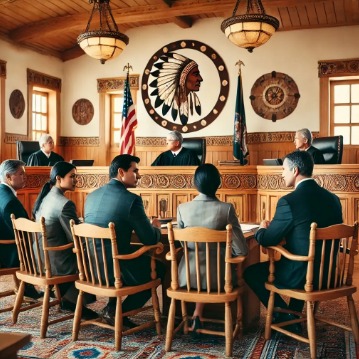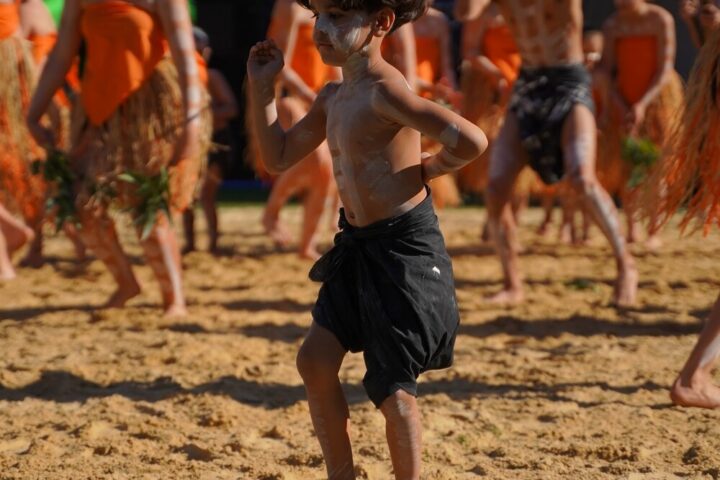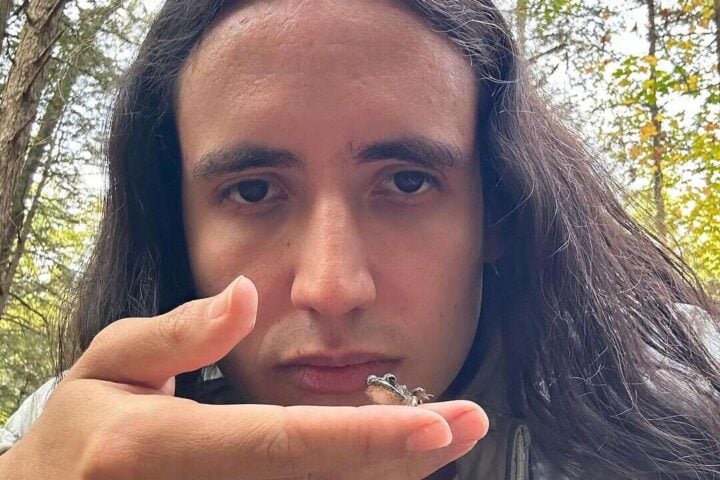Tribal court attorneys play a vital role in representing clients in tribal legal systems. These attorneys specialize in laws that apply within Native American tribes, handling cases that range from civil clashes to criminal matters. Since tribal courts operate under their own rules, hiring a knowledgeable attorney is critical. You have to know how these professionals work can help persons and businesses plan tribal legal proceedings well.
What Are Tribal Court Attorneys?
Tribal court attorneys are lawyers who work in courts run by Native American tribes. These courts are separate from state and federal courts and follow their own laws. Attorneys practicing in tribal courts must understand tribal rule, agreements, and tribal legal systems. Their job is to confirm their clients are treated fairly under tribal laws.
Tribal attorneys may work for self, businesses, or tribal governments. They help with many legal matters, such as land disputes, contract negotiations, and family law issues. Since tribal courts handle a inclusive range of cases, attorneys must be knowledgeable in multiple areas of law, including both tribal and federal rules.
Differences Between Tribal and State Courts
Tribal courts differ from state courts in many ways. While state courts follow state and federal laws, tribal courts operate under tribal constitutions, agreements, and traditions. Additionally, tribal courts may mix cultural and normal practices into their legal proceedings. This difference highlights the importance of hiring an attorney with specialized knowledge in tribal law.
Key Responsibilities of Tribal Court Attorneys
Tribal court attorneys handle a inclusive range of legal matters within tribal jurisdictions. They represent clients in cases concerning family law, property disputes, business agreements, and criminal charges. These attorneys also provide legal advice to tribal governments, helping draft laws and policies. Their role extends to protecting the rights of Native American self and businesses, confirming agreement with both tribal and federal rules.
Types of Cases Tribal Court Attorneys Handle
Tribal court attorneys deal with many different types of legal cases, including:
Family law cases such as divorce, custody, and child support.
Business disputes involving tribal enterprises or contracts.
Criminal defense for offenses committed within tribal lands.
Land and property disputes under tribal jurisdiction.
Representation in tribal governance and policy matters.
Why Hiring a Tribal Court Attorney is Important
Navigating a tribal legal system without an experienced attorney can be challenging. Tribal laws differ from state and federal regulations, making it essential to have legal representation familiar with specific tribal rules. An attorney with expertise in tribal courts can help clients understand their rights, prepare necessary documents, and argue cases effectively. Hiring a qualified professional ensures that legal matters are handled properly within the tribal legal framework.
Similar Posts
Protecting Clients’ Rights in Tribal Courts
Tribal court attorneys play a critical role in protecting their clients’ rights. They ensure that clients receive due process and fair treatment under tribal laws. This is particularly important in cases involving non-Native individuals or businesses, where jurisdictional conflicts may arise. Having proper legal representation can prevent misunderstandings and legal complications.
How to Choose the Right Tribal Court Attorney
Selecting the right attorney requires careful consideration. Clients should look for attorneys with direct experience in tribal law and a strong understanding of the specific tribe’s legal system. Checking credentials, reviewing past cases, and seeking recommendations can help in making the right choice. It is also important to confirm that the attorney is licensed to practice in the relevant tribal court, as different tribes have distinct requirements for legal representation.
Questions to Ask Before Hiring an Attorney
Before hiring a tribal court attorney, consider asking the following questions:
What experience do you have with tribal law and courts?
Are you licensed to practice in this specific tribal court?
Have you handled cases similar to mine before?
What is your approach to resolving legal disputes in tribal court?
How do you communicate with clients throughout the legal process?
Challenges in Tribal Court Cases
Tribal court cases come with unique challenges due to variations in laws between different tribes. Some tribal courts operate under traditional customs, while others incorporate elements of state or federal law. Additionally, jurisdictional issues can arise, especially in cases involving non-Native individuals or businesses. Understanding these complexities is essential for attorneys handling cases in tribal courts, as they must navigate legal conflicts while respecting tribal sovereignty.
Jurisdictional Issues in Tribal Courts
Jurisdiction in tribal courts can be complicated. Tribal courts have authority over many legal matters within their territory, but certain cases may also involve state or federal laws. Non-Native individuals or businesses operating on tribal land must understand these jurisdictional complexities to avoid legal disputes.

Conclusion
Tribal court attorneys provide valuable legal services within Native American legal systems. They help clients understand and follow tribal laws, ensuring fair representation in court. Choosing an experienced attorney can improve the chances of a successful outcome in a tribal court case. Understanding how tribal courts work is essential for handling legal matters properly.
Legal issues in tribal courts require careful navigation due to their unique laws and procedures. Whether dealing with family law, business disputes, or criminal cases, hiring a knowledgeable tribal court attorney is crucial for protecting legal rights and achieving the best possible results.
FAQs
Q: Do tribal court attorneys need special qualifications?
Yes, they must be licensed to practice in the specific tribal court where they represent clients. Some tribes have their own bar exams or certification processes.
Q: Can a non-Native person hire a tribal court attorney?
Yes, tribal court attorneys can represent both Native and non-Native individuals or businesses in cases involving tribal law.
Q: Are tribal court decisions recognized by state and federal courts?
Tribal court decisions are generally respected, but jurisdictional conflicts may arise. Some cases may be appealed to federal courts under specific conditions.
Q: How do tribal courts differ from state courts?
Tribal courts operate under their own legal systems, which may be based on traditional customs, tribal statutes, or a combination of both. State courts follow state laws and federal rules.
Q: What types of cases do tribal court attorneys handle?
They handle various cases, including family law, business clashes, criminal matters, and tribal governance issues, depending on the exact tribal court’s jurisdiction.







